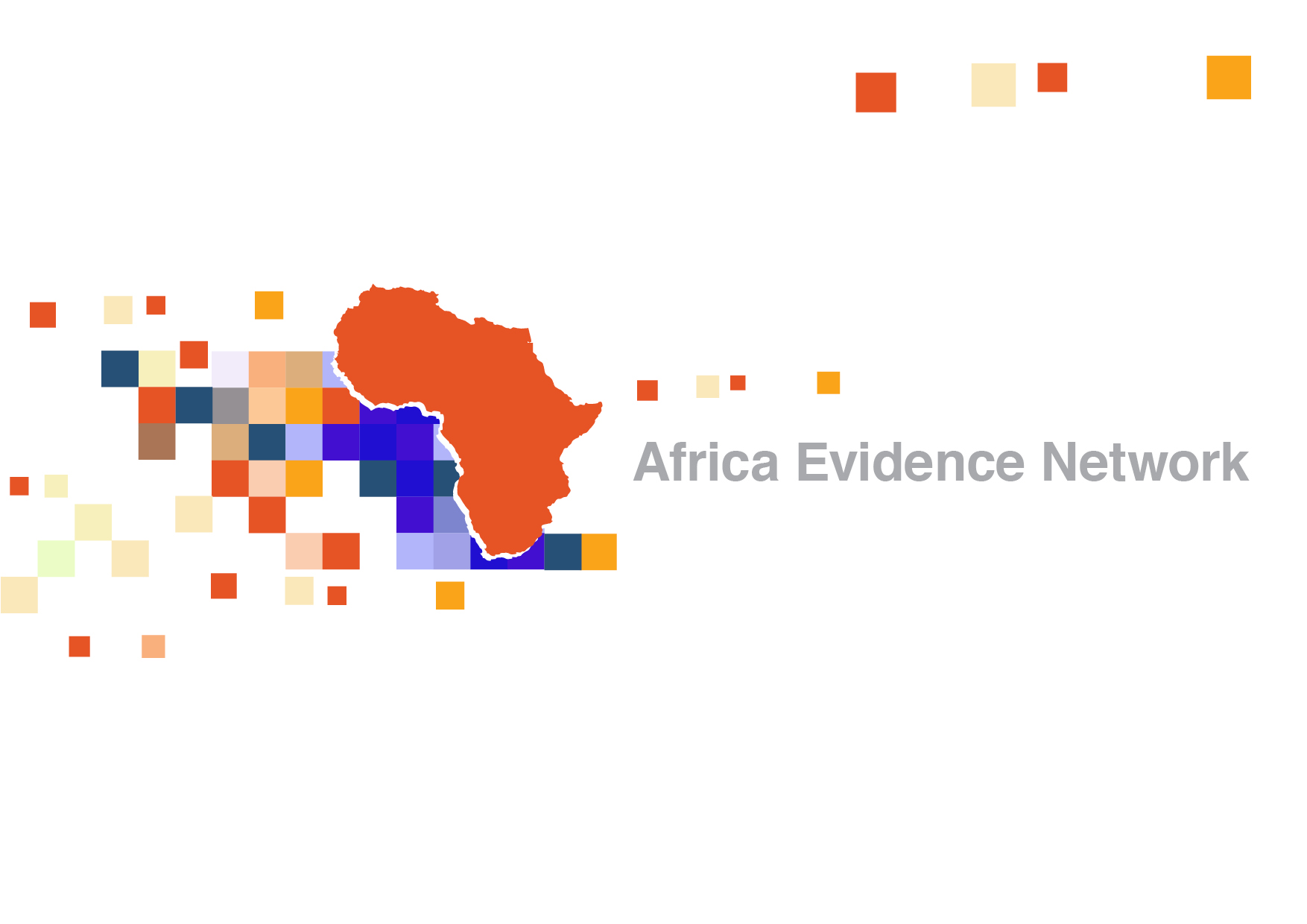
Evidence 2018 is approaching, and our excitement is growing! In this post two strand leaders write about why these strands are important for Africa. In the next blog, the other two strands will be highlighted.
Evidence in action: Let’s engage, let’s understand your impact stories in communicable diseases
Dr Patrick Okwen (Communicable Diseases Strand Leader)
Research Fellow, Centre for Development of Best Practice in Health, Cameroon
Are you active or interested in evidence generation, synthesis, transfer or implementation in communicable diseases in Africa? Are you curious to learn what works for communicable diseases mitigation? Have you been wondering how to best get evidence into policy and practice? Then, you have a unique opportunity to share your story in the biggest scientific forum on evidence-informed decision making in Africa!
A glance at the African ecosystem landscape suggests that there has been a rapid growth in evidence ecosystem products in health across Africa in recent years. From primary research, through evidence synthesis, translation, to evidence implementation. African authors are now taking the lead in primary research and evidence synthesis. Several innovative approaches now exist for evidence translation and implementation. Challenges and barriers are now being boldly taken upon by a generation that is eager to move away from ‘business as usual’ in clinical practice and policy.
The focus of the Sustainable Development Goals (SDGs) on HIV/AIDS, tuberculosis, malaria, hepatitis and neglected tropical diseases underpins the importance of addressing communicable diseases. Universal Health Coverage (UHC) and ensuring no one is left behind have been identified as key strategies to achieving the SDGs, and in addressing communicable diseases. There are several approaches by different countries in Africa to achieving UHC such as free healthcare, health insurance, performance-based financing, and use of vouchers amongst others. There are innovative tools and vehicles being used by young African scientists to delivery healthcare such as mHealth and evidence implementation apps and tools, development of new technologies for, prevention, diagnosis and treatment.
How do these play within the evidence ecosystem? How is new knowledge used to inform decision- making for communicable diseases? This is what we seek to engage with and understand from your impact stories.
The moral case for evidence use to improve educational outcomes
Danielle Mason (Quality Education Strand Leader)
Head of Research, Education Endowment Foundation (EEF), United Kingdom
At its best, evidence-informed decision-making combines robust evidence with professional expertise, to deliver impactful change. The professional expertise aspect of this combined approach is rarely controversial. In education, for example, we trust experienced teachers and head-teachers to know what’s best for our children’s learning. When it comes to the evidence aspect, however, we are more sceptical: how can external researchers, evaluating teaching practices without specific knowledge of the individual children involved, tell us anything an expert teacher doesn’t already know?
But objective evidence is an essential part of good decision-making. To give an example from my UK experience, evidence from randomised controlled trials suggests that small reductions in class sizes – say from 30 pupils to 25 – are very expensive, but have relatively small impacts on attainment. This quantitative data is crucial information for decision-makers in a world where most people, including policy makers, politicians and teachers, intuitively believe that children do much better at school when class sizes are smaller.
Making the moral case for cold, hard, counter-intuitive numbers of this kind can be difficult. When faced with this challenge, the example I turn to again and again is one from health. In this 2013 paper, Toby Ord looks at the cost and impact of around 100 health interventions delivered to people in low income countries. He shows that, in terms of the number of healthy years of life they deliver, some of the interventions that have been funded are literally a hundred times more cost effective than others. Here is a case where bringing objective evidence to the decision-making – by exploring whether funding could be moved from the least to the most cost effective interventions – could literally save lives. Things don’t get much more morally relevant than that.
The moral imperative may seem less clear cut when it comes to schools rather than medicine. Education may not seem such a matter of life and death, especially in developed countries. But it is. Even in a country like the UK, children who don’t reach the expected level of high school attainment grow up to have lower wages, suffer poorer health, and, ultimately, die earlier, than children who do. This pattern is the same around the world, with consequences even more stark in lower income countries.
That’s why the work of the Africa Evidence Network to promote and develop evidence-informed decision-making continues to be so important.
We encourage you to come join us at Evidence 2018 for discussions on these very important issues. Register for the conference and also submit an abstract to come share your experiences – submissions close 30 April 2018.
Disclaimer: The views expressed in published blog posts, as well as any errors or omissions, are the sole responsibility of the author/s and do not represent the views of the Africa Evidence Network, its secretariat, advisory or reference groups, or its funders; nor does it imply endorsement by the afore-mentioned parties.